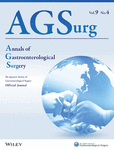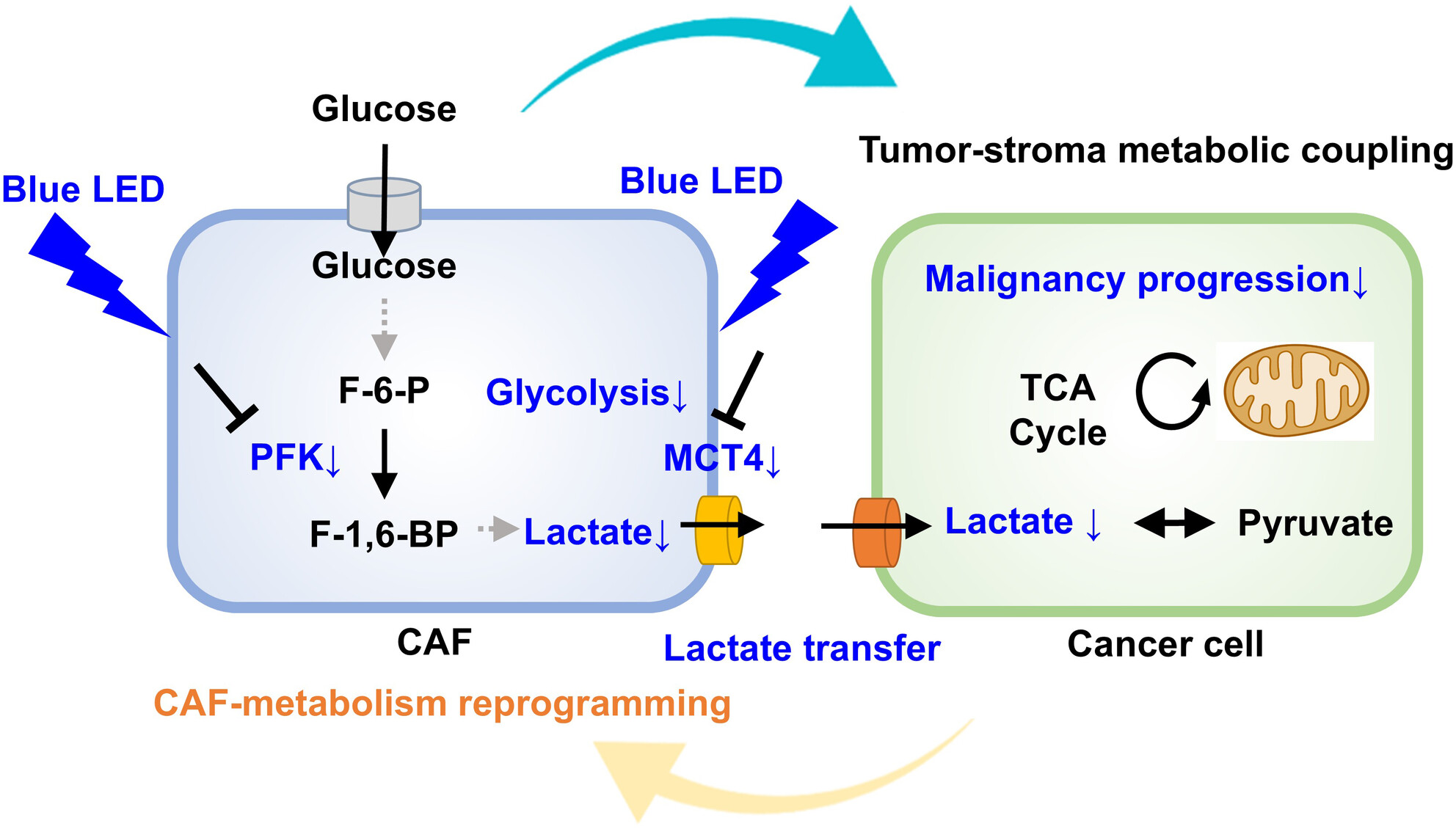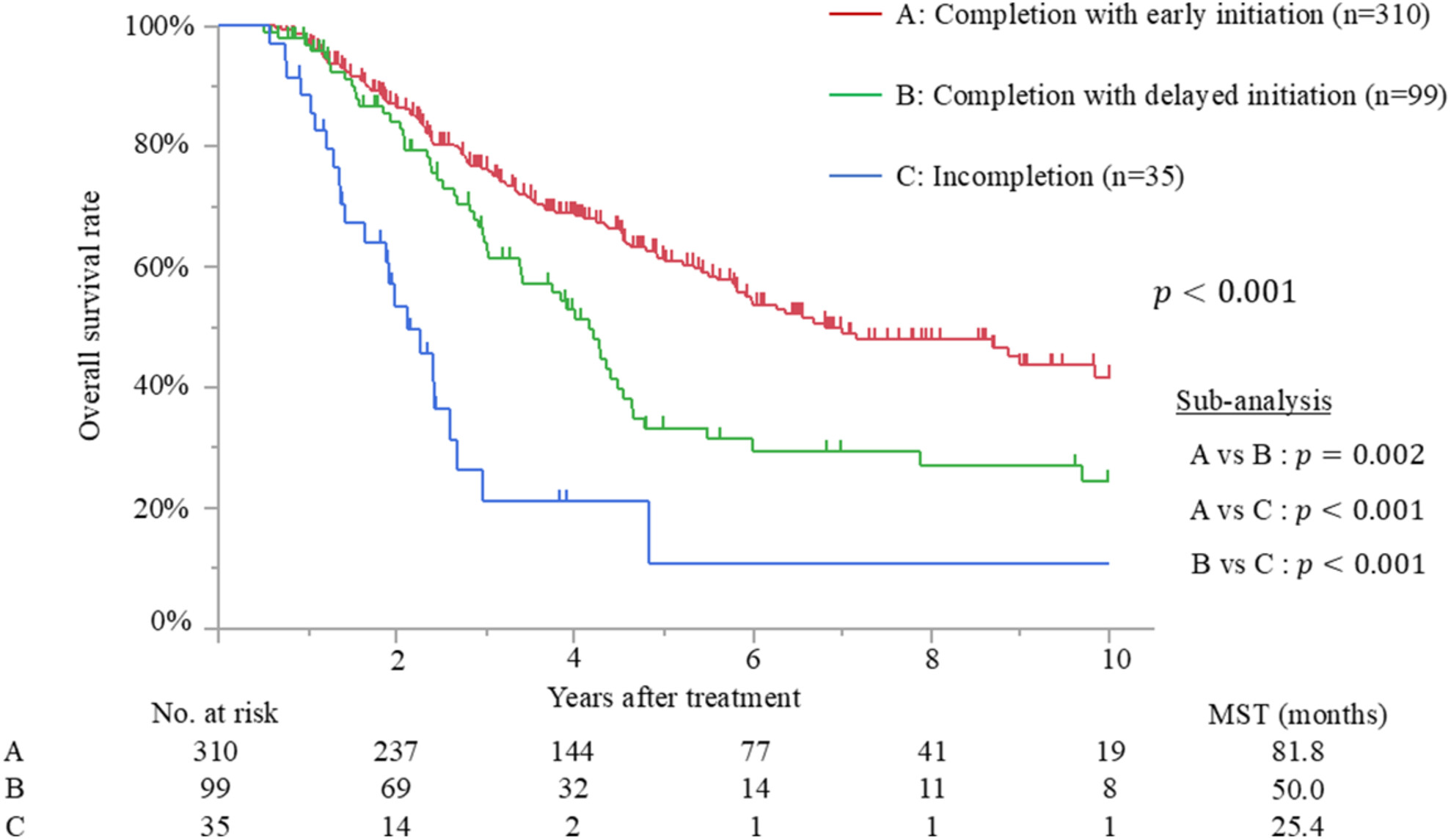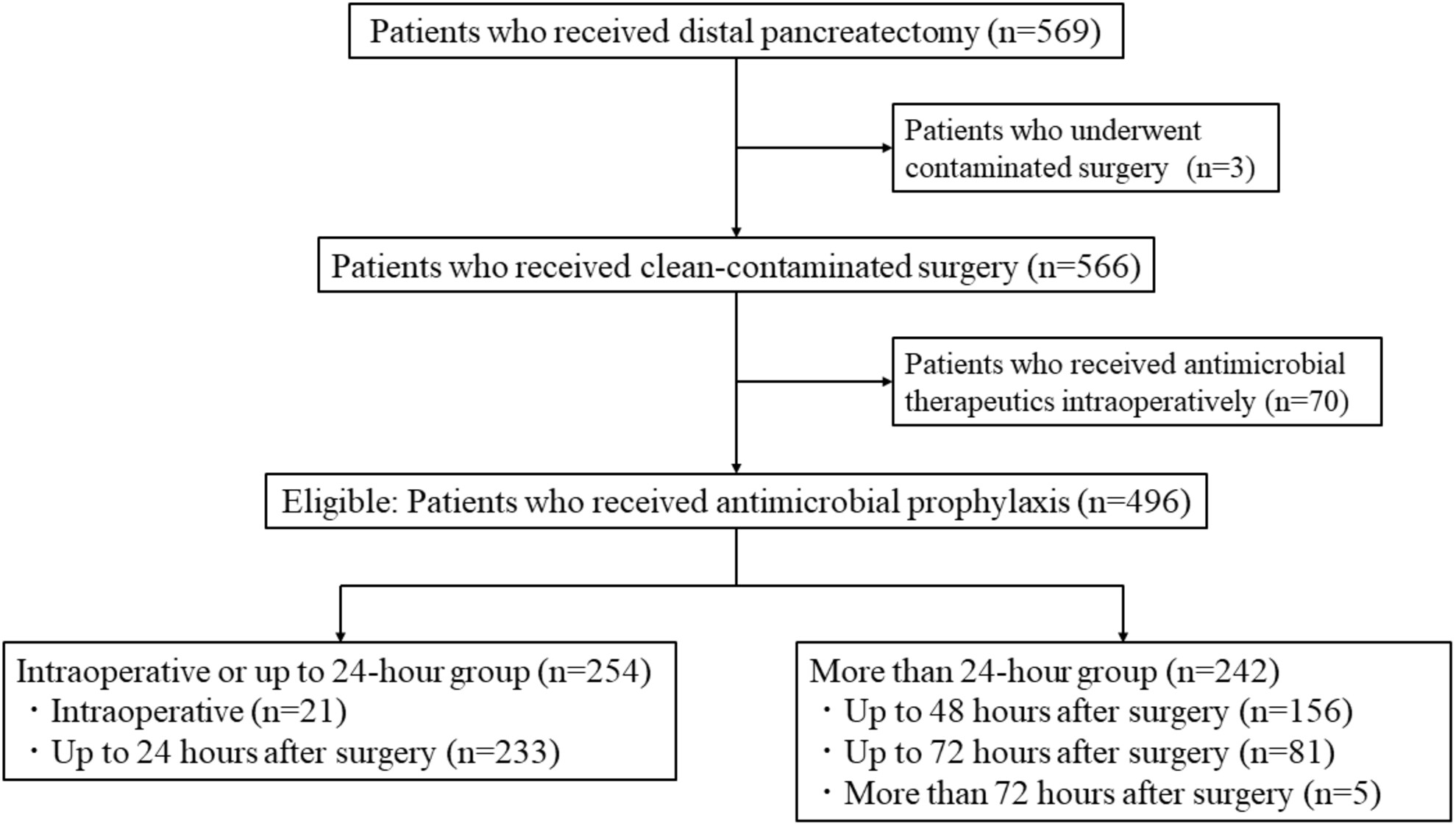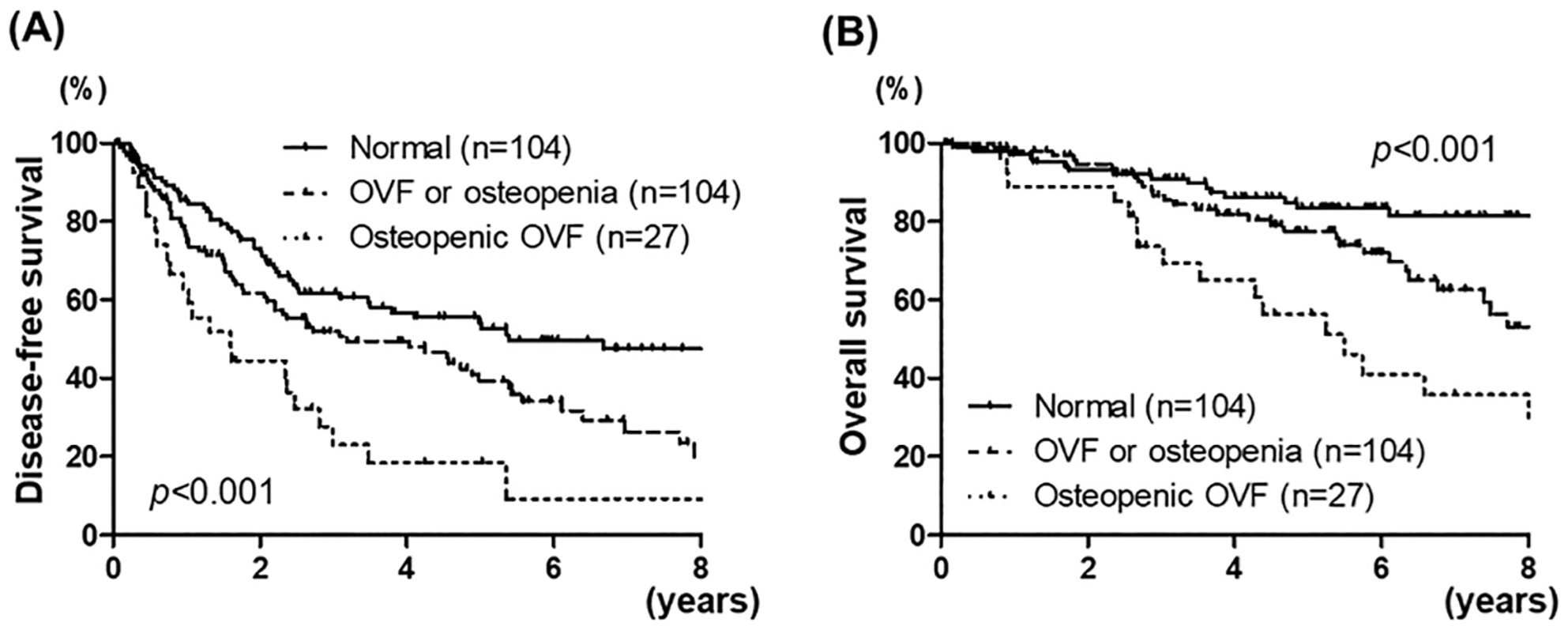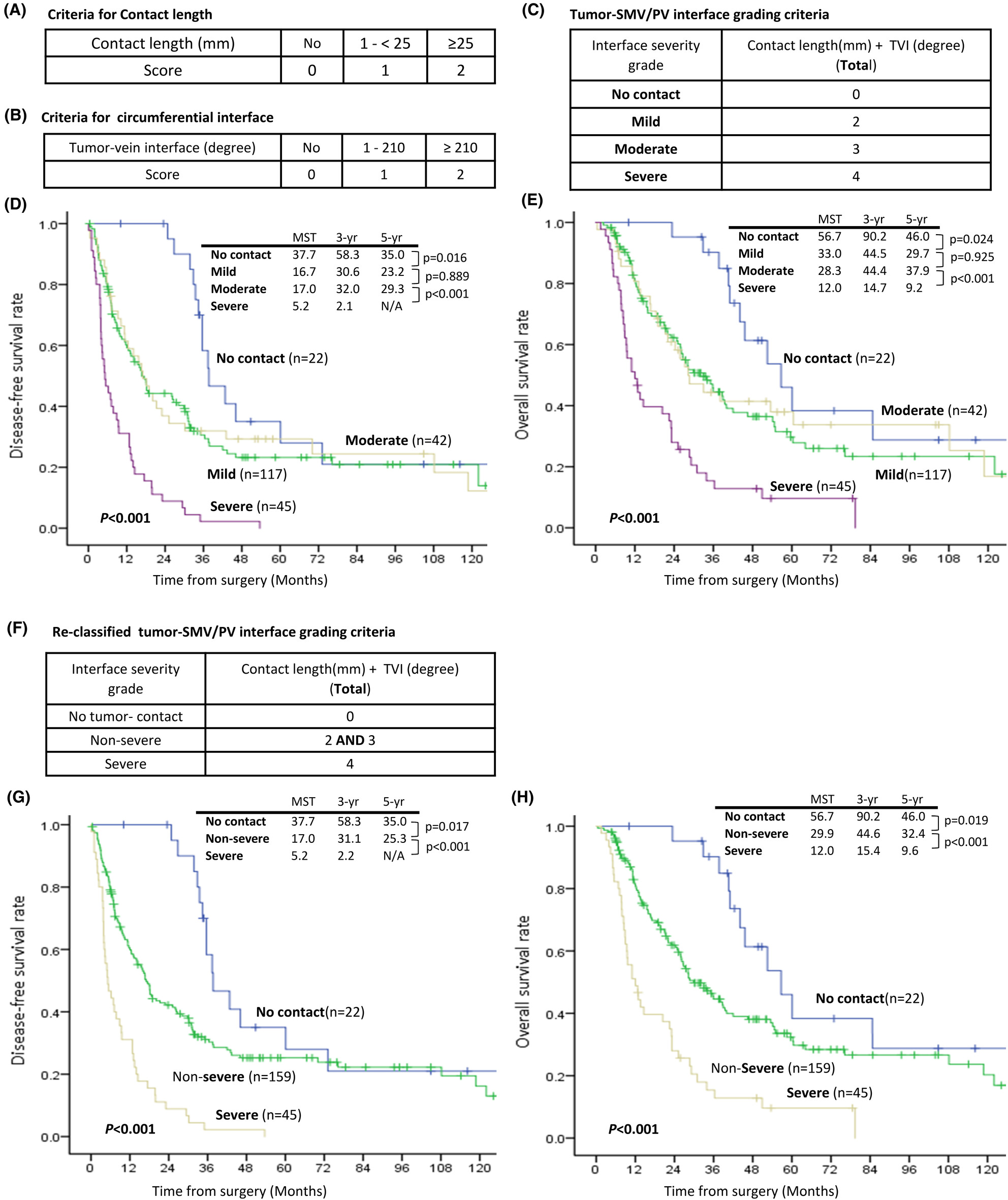Journal list menu
Export Citations
Download PDFs
ISSUE INFORMATION
SYSTEMATIC REVIEW
Short-term and long-term outcomes of self-expandable metallic stent placement versus creation of a diverting stoma for obstructive colorectal cancer: A systematic review and meta-analysis
- Pages: 632-642
- First Published: 01 April 2025

SEMS contributed to comparable outcomes including postoperative complications, mortality, and long-term outcomes, but significantly reduced SSI. These findings support the broader adoption of SEMS in clinical practice, particularly requiring minimized invasiveness and improving patient quality of life are prioritized.
REVIEW ARTICLE
Essential Update 2023/2024: Multidisciplinary Treatment for Invasive Intraductal Papillary Mucinous Carcinoma
- Pages: 643-649
- First Published: 21 April 2025
Advantages of subtotal gastrectomy for upper third gastric cancer: A systematic review and meta-analysis
- Pages: 650-657
- First Published: 24 January 2025
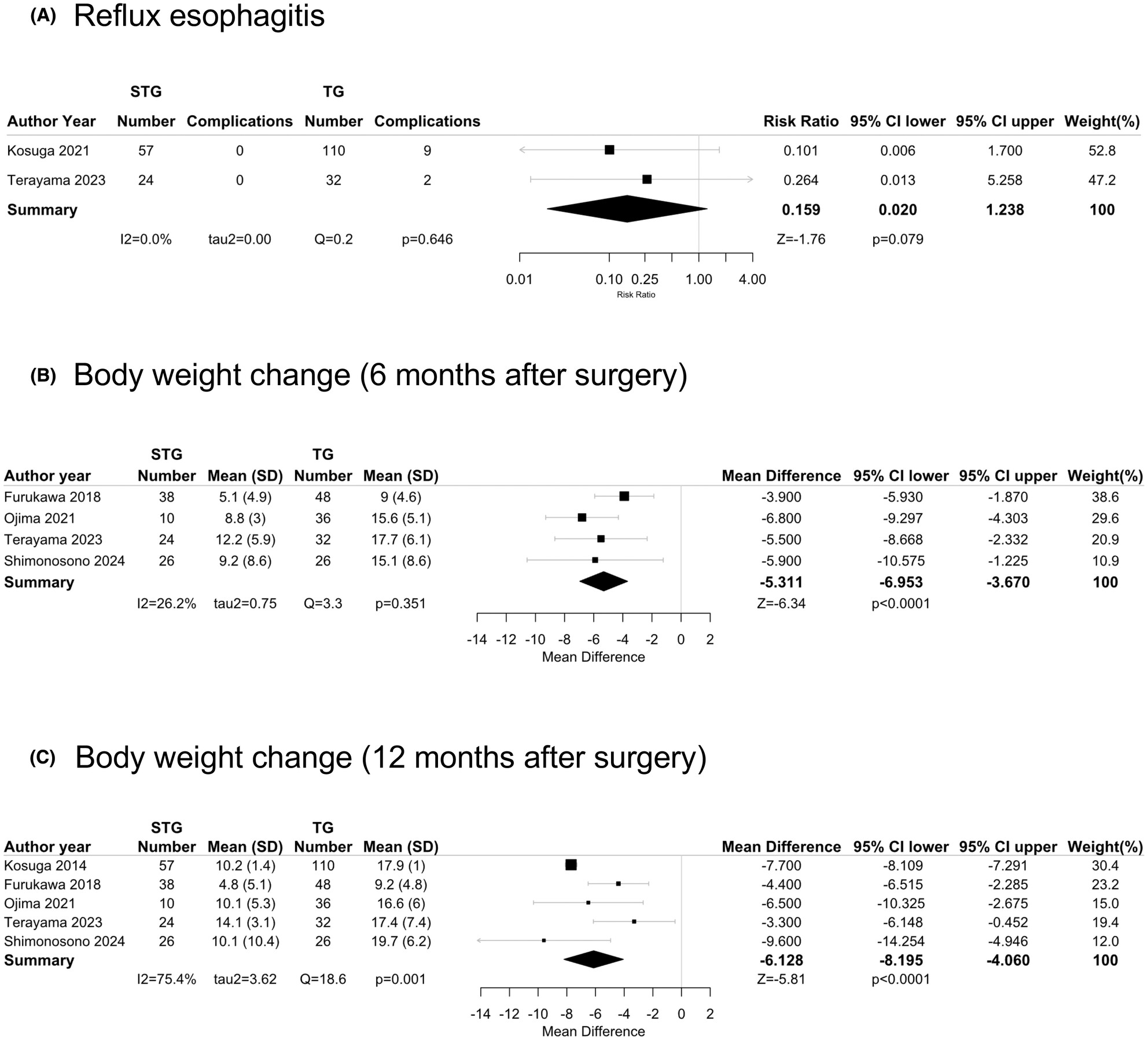
We revealed that subtotal gastrectomy (STG) has its advantage over total gastrectomy on shorter operation time, less complication rates, and lower body weight loss by meta-analysis. Although there are some controversies, STG can be an ideal option for patients with gastric cancer of upper third stomach.
ORIGINAL ARTICLE
Prognostic significance of six autoantibodies in esophageal squamous cell carcinoma: A prospective multi-institutional study
- Pages: 658-667
- First Published: 16 January 2025
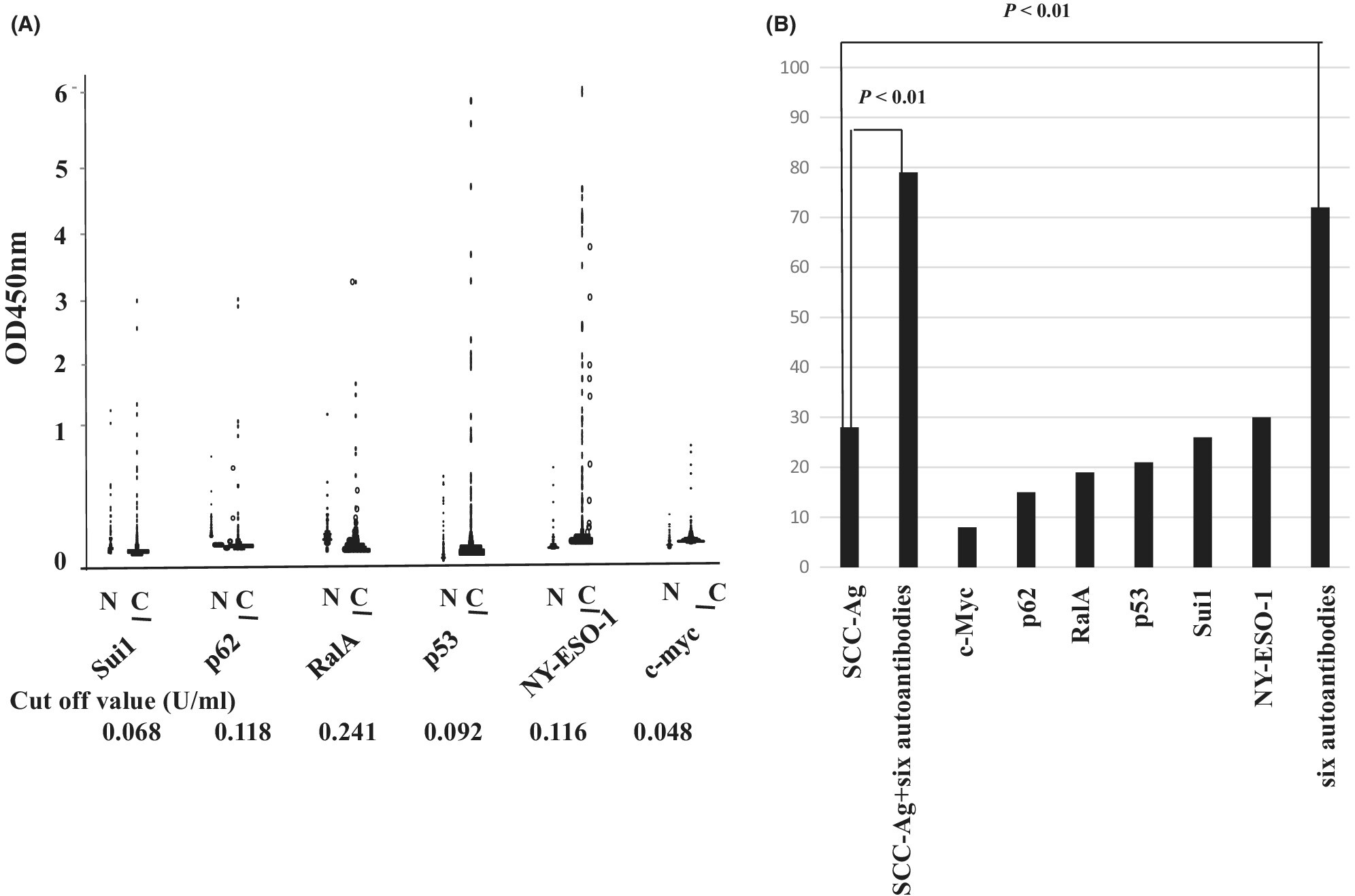
The six autoantibodies (Sui1, p62, RalA, p53, NY-ESO-1 and c-myc) positive group had poor prognosis compared to autoantibody negative group. A panel of autoantibodies against a tumor associated antigen in esophageal cancer patients had an additive effect with SCC-Ag to detect esophageal SCC even in early stage.
The impact of delayed adjuvant chemotherapy on survival in gastric cancer patients with and without preoperative chemotherapy
- Pages: 668-677
- First Published: 16 January 2025
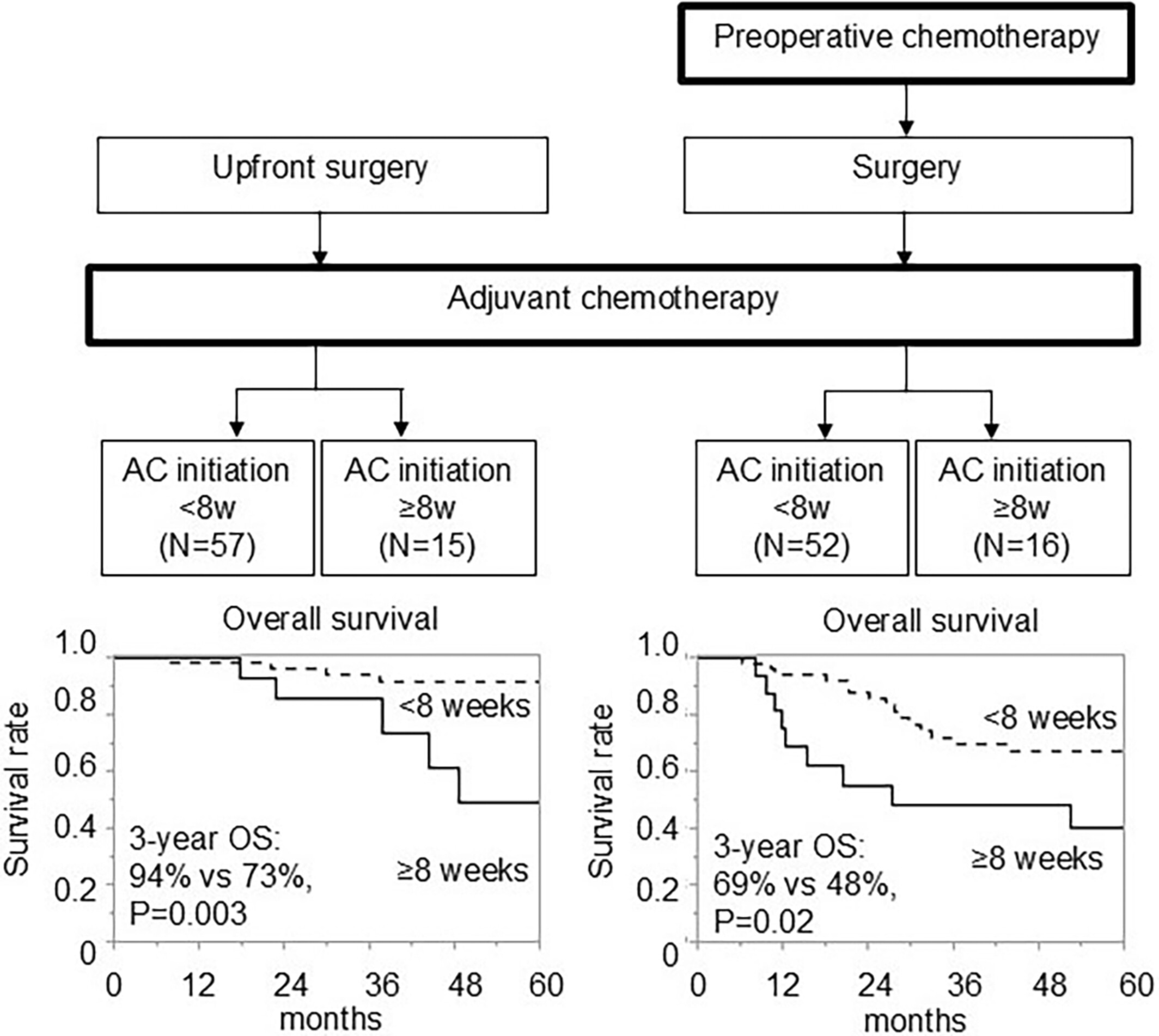
Delayed initiation of adjuvant chemotherapy (AC) is associated with significantly poorer postoperative survival in patients with gastric cancer, irrespective of whether preoperative chemotherapy was administered. These findings emphasize the importance of timely AC initiation to improve long-term outcomes in this patient population.
Prognostic factors for patients with esophageal cancer who achieve pathological complete response in the primary tumor after upfront chemotherapy or chemoradiotherapy
- Pages: 678-686
- First Published: 20 January 2025
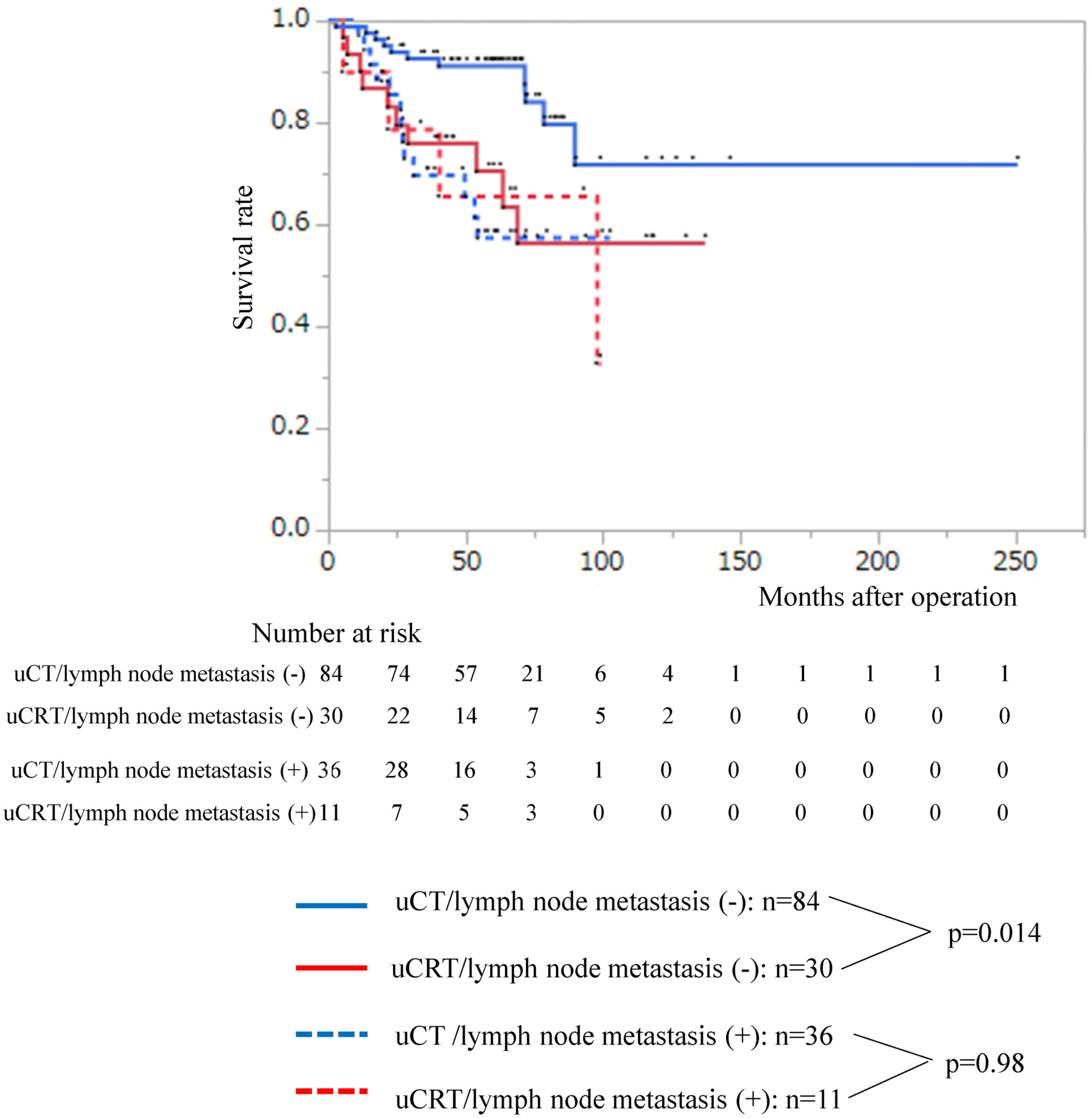
Male gender and pathological lymph node metastasis are independent poor prognostic factors in patients with esophageal cancer who receive upfront treatment followed by surgery and achieved pathological complete response of the primary tumor. Among patients without pathological lymph node metastasis, the upfront chemotherapy group showed significantly better both overall and relapse-free survival than the upfront chemoradiotherapy group.
Perioperative outcomes of esophagectomy after doublet versus docetaxel-based triplet neoadjuvant chemotherapy in older patients: A nationwide inpatient database study in Japan
- Pages: 687-697
- First Published: 05 February 2025
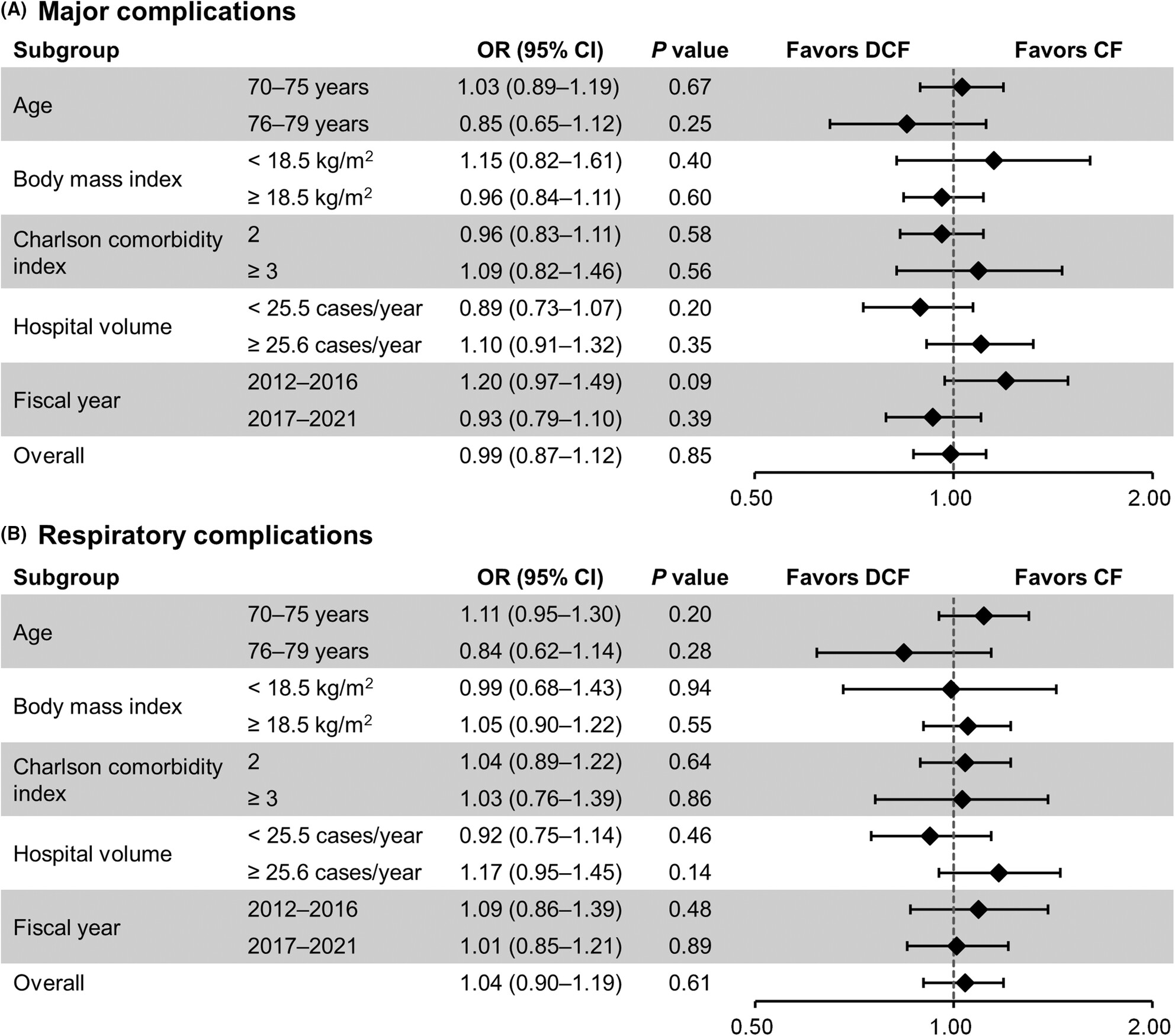
In this nationwide inpatient database study of 5229 patients aged 70–79 years who underwent esophagectomy for cancer after neoadjuvant chemotherapy, overlap propensity score weighting analysis showed that neoadjuvant docetaxel-based triplet regimen (docetaxel, cisplatin, and 5-fluorouracil) was not associated with a higher incidence of perioperative adverse events (major and respiratory complications, mortality, and 30-day unplanned readmission) compared with the doublet regimen (cisplatin and 5-fluorouracil). Propensity score matching and instrumental variable analyses yielded similar results.
Prognostic impact of postoperative fixed-point inflammation in patients with gastric cancer after curative gastrectomy: A validation cohort study
- Pages: 698-710
- First Published: 04 March 2025
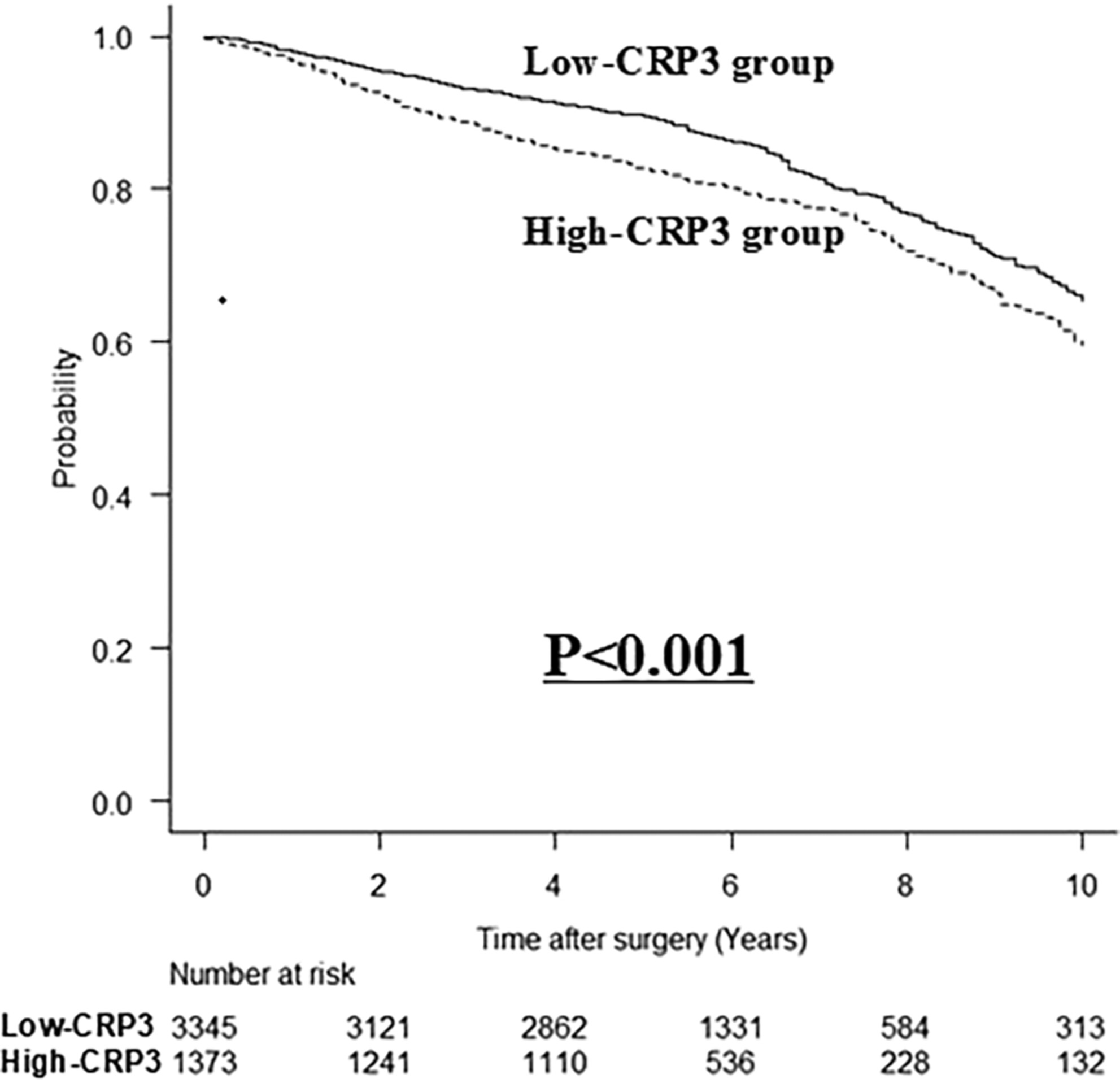
The cutoff value of CRP by sex for poor OS remains unclear. This study aimed to determine the cutoff values of CRP on postoperative day 3 to predict poor OS in men and women with gastric cancer after radical gastrectomy. The high-CRP group has poorer overall survival than the low-CRP group for gastric cancer after gastrectomy. High-CRP was an independent poor prognostic factor for overall survival, regardless of postoperative complications.
Bowel preparation and surgical site infections in laparoscopic and robot-assisted right-sided colon cancer surgery with intracorporeal anastomosis: A retrospective study
- Pages: 711-718
- First Published: 19 December 2024
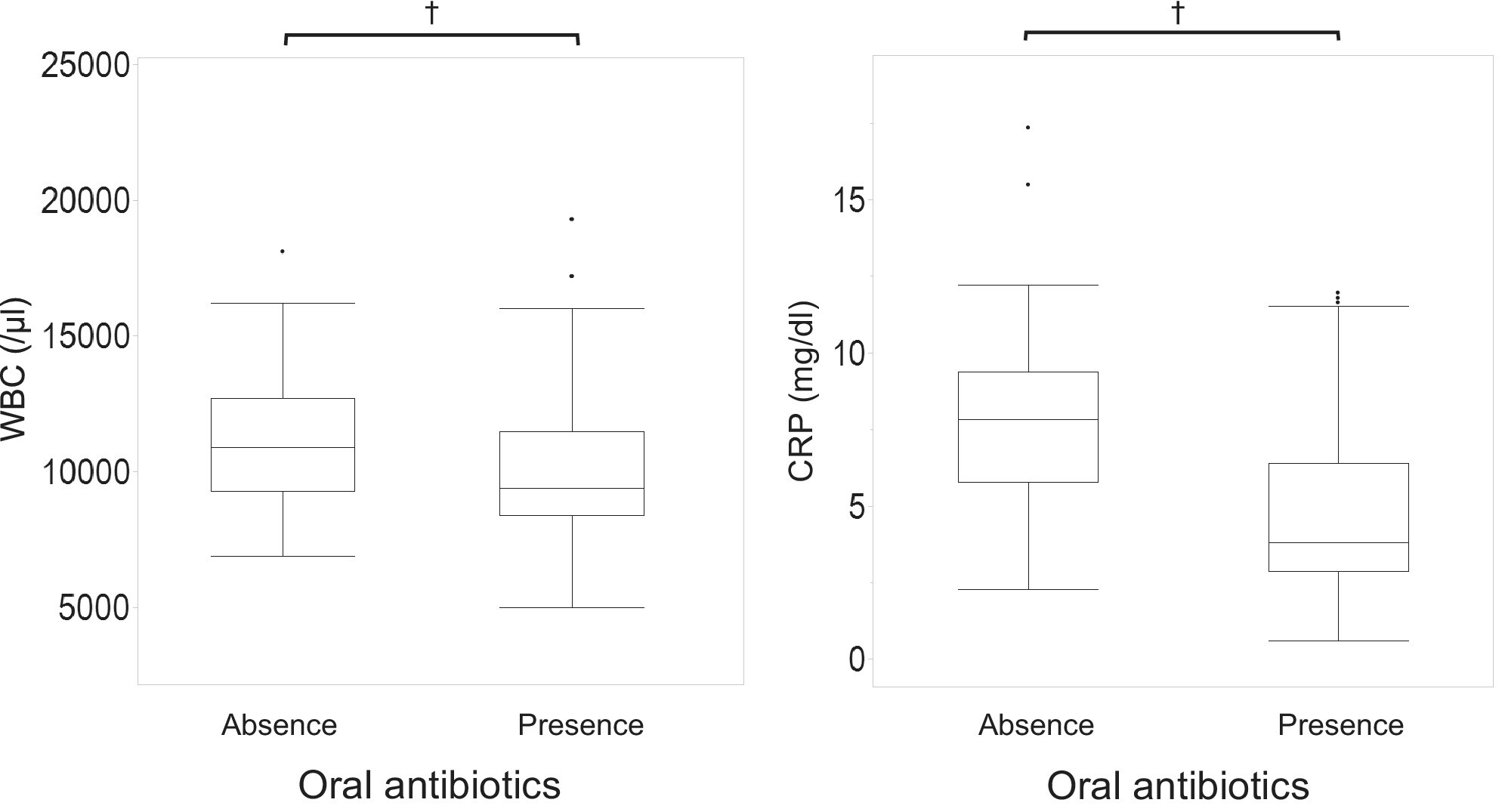
This retrospective study investigated risk factors for surgical site infections (SSIs) in right-sided colon cancer surgeries using intracorporeal anastomosis (IA). The results demonstrated that preoperative oral antibiotics (OA) significantly reduced SSI rates, with OA identified as an independent protective factor, suggesting its beneficial role in decreasing postoperative infection risks.
Late anastomotic complication after laparoscopic surgery for clinical stage I low rectal cancers located within 5 cm of the anal verge: Sub-analysis of the ultimate trial
- Pages: 719-729
- First Published: 07 January 2025
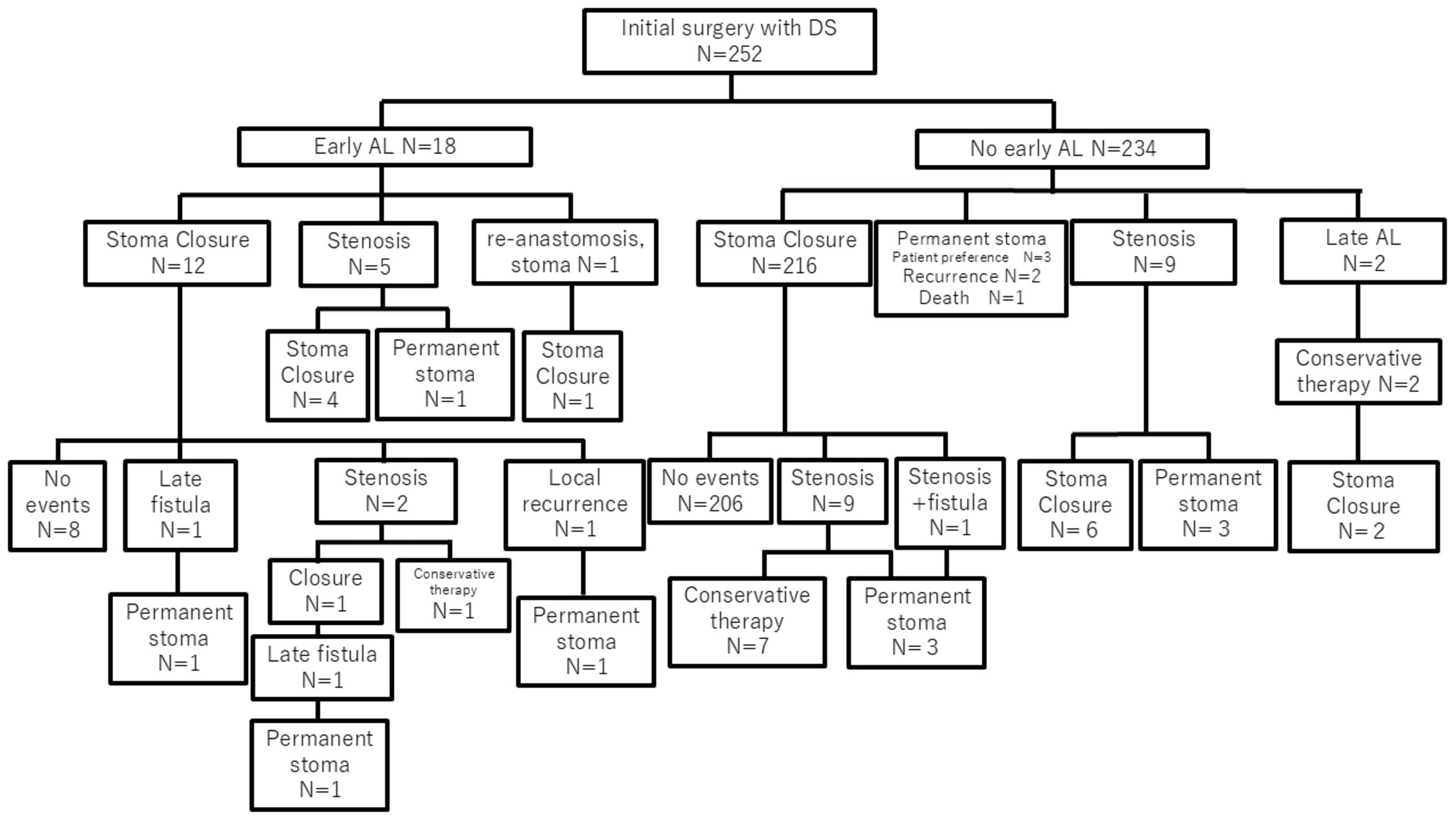
Anastomotic stenosis and late fistula formation frequently emerge as secondary consequences of early AL, and represent significant complications linked to permanent stoma creation, often proving resistant to treatment. Intestinal prolapse is a characteristic anastomotic complication of ISR that can be caused by excessive intestinal mobilization. These findings provide valuable insights into guiding sphincter-sparing surgery for lower rectal cancer and highlight aspects that have not been fully understood until now.
Cost-effectiveness analysis of postoperative surveillance for stage IV colorectal cancer in Japan: An economic modeling study
- Pages: 730-738
- First Published: 13 January 2025
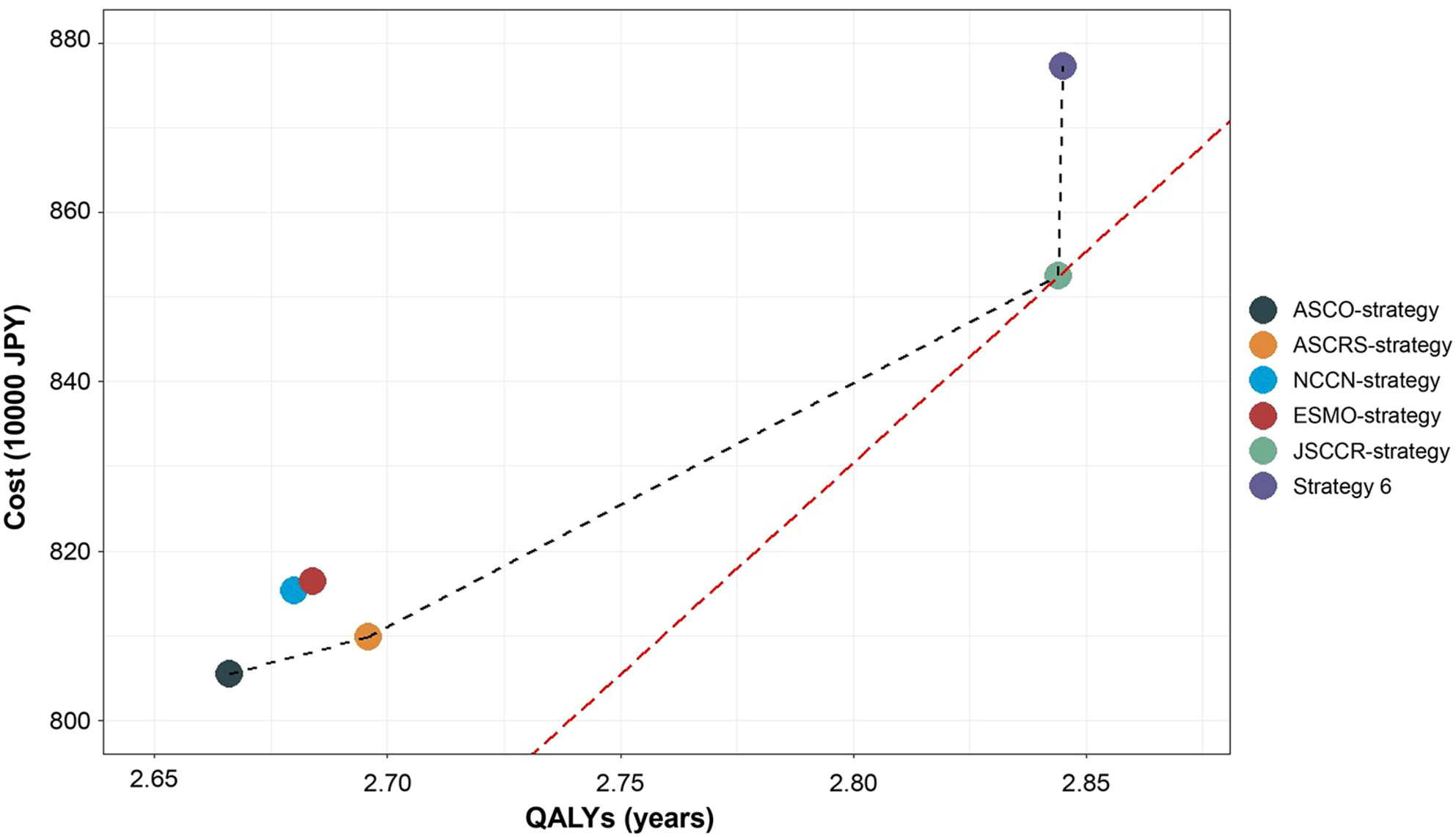
This economic evaluation used a Markov state-transition model to analyze the cost-effectiveness of surveillance strategies recommended by various academic societies. This study found that the surveillance program proposed by the Japanese Society for Cancer of the Colon and Rectum (JSCCR) was the most cost-effective, with an incremental cost-effectiveness ratio of 19 256 USD compared with the next most cost-effective program. These findings suggest that intensive postoperative surveillance as recommended by the JSCCR is acceptable for stage IV colorectal cancer.
Short-term outcomes of intracorporeal anastomosis in laparoscopic colectomy for colon cancer: A nationwide, multi-institutional cohort study in Japan (ICAN study)
- Pages: 739-749
- First Published: 21 January 2025
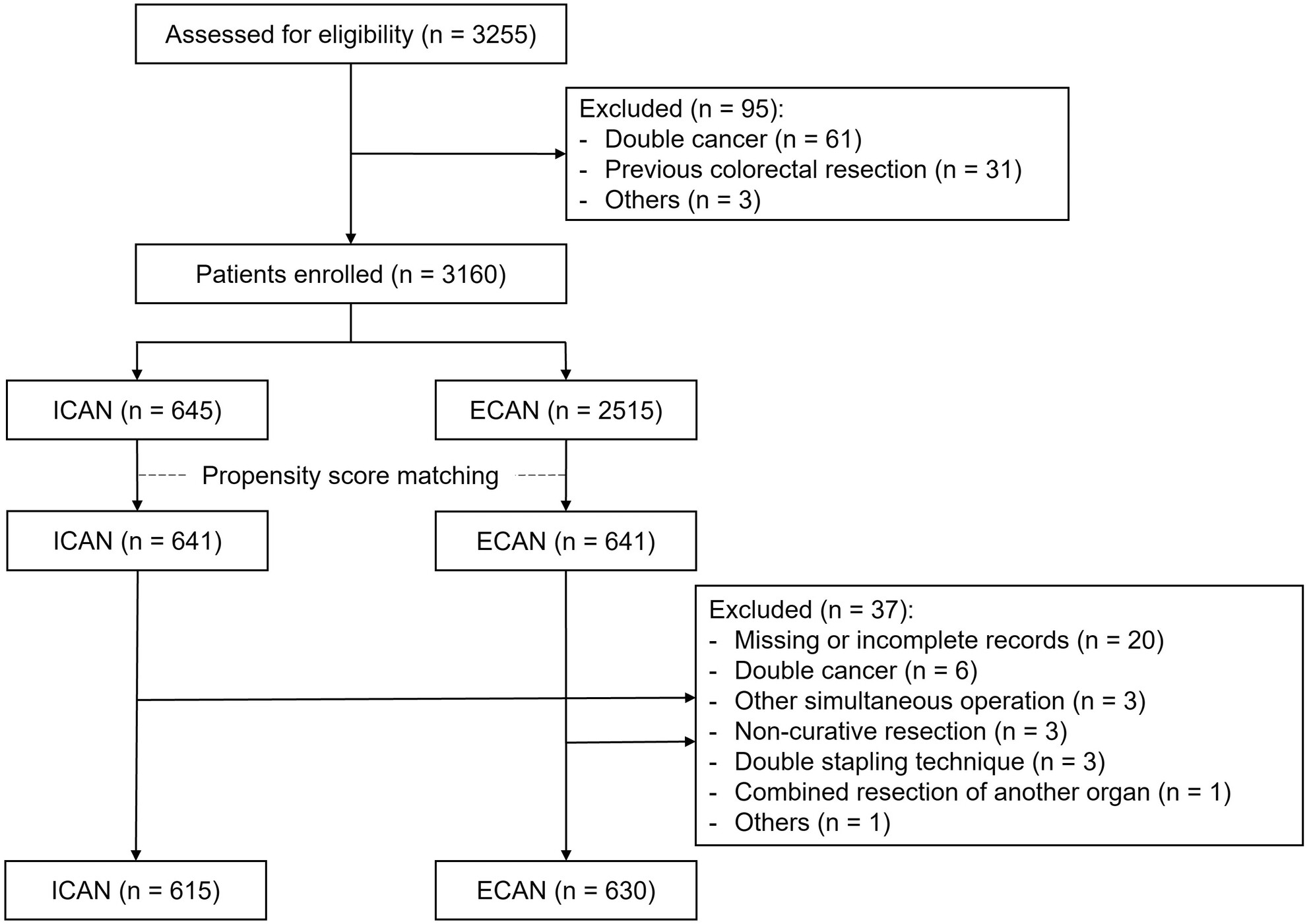
We retrospectively compared intracorporeal and extracorporeal anastomosis in patients undergoing laparoscopic colectomy for colon cancer in 46 institutions by using propensity-score matching. Intracorporeal anastomosis showed advantages over extracorporeal anastomosis in terms of blood loss, intraoperative vascular injury, bowel recovery, and length of hospital stay, despite a longer operative time.
Clinical significance of preoperative Glasgow prognostic score in patients with colorectal cancer and synchronous peritoneal metastases
- Pages: 750-760
- First Published: 24 January 2025
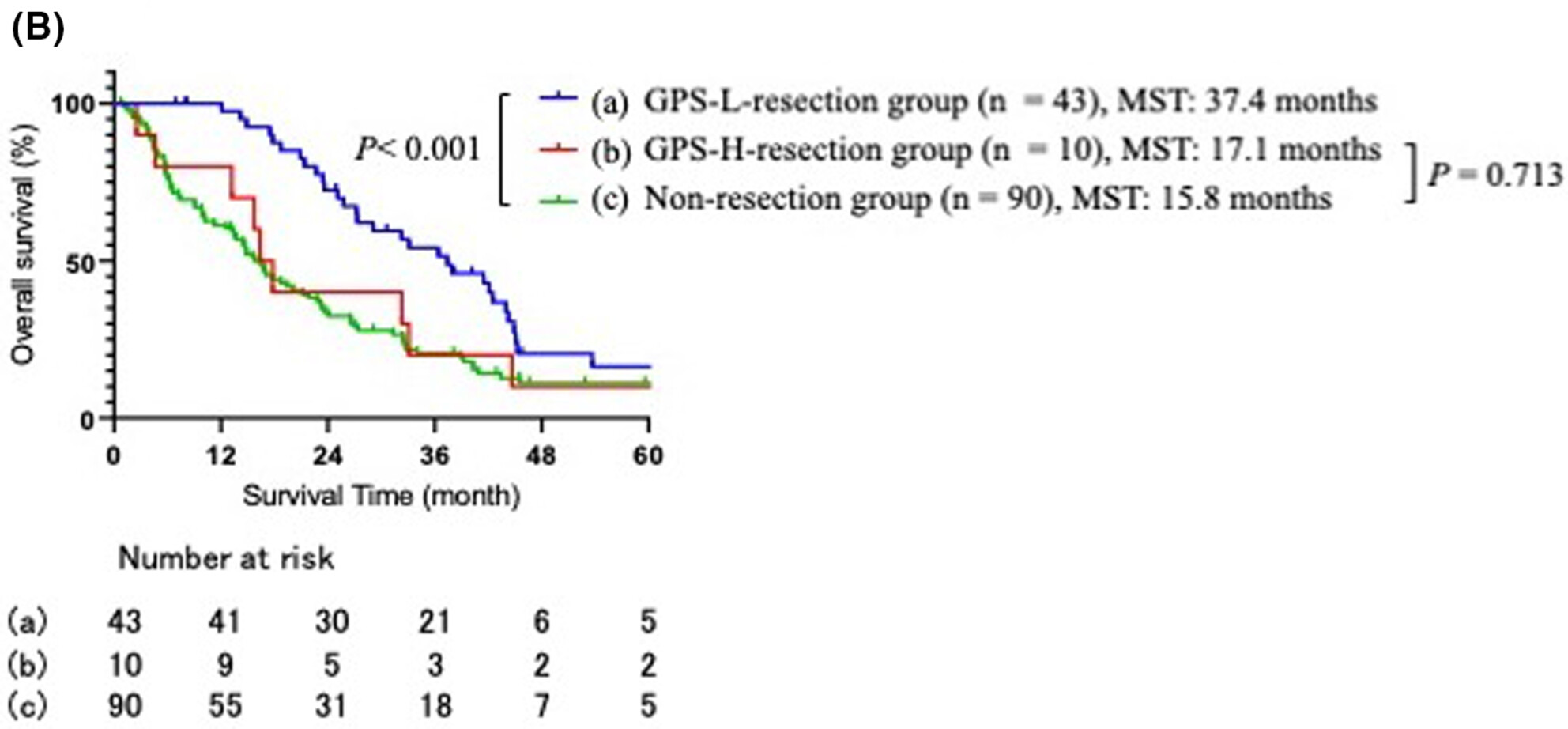
Preoperative GPS2 is an independent poor prognostic factor in patients with colorectal cancer and synchronous peritoneal metastases, and surgical resection does not improve prognosis in patients with GPS2. Preoperative GPSs may be used as indicators for surgical resection of synchronous peritoneal metastases.
Light-emitting diode irradiation targets aerobic glycolysis in cancer-associated fibroblasts to inhibit metabolic coupling with colon cancer cells
- Pages: 761-768
- First Published: 24 February 2025
Regional and patient characteristic disparities in the outcomes of minimally invasive surgery for colorectal cancer in Japan
- Pages: 769-784
- First Published: 03 April 2025
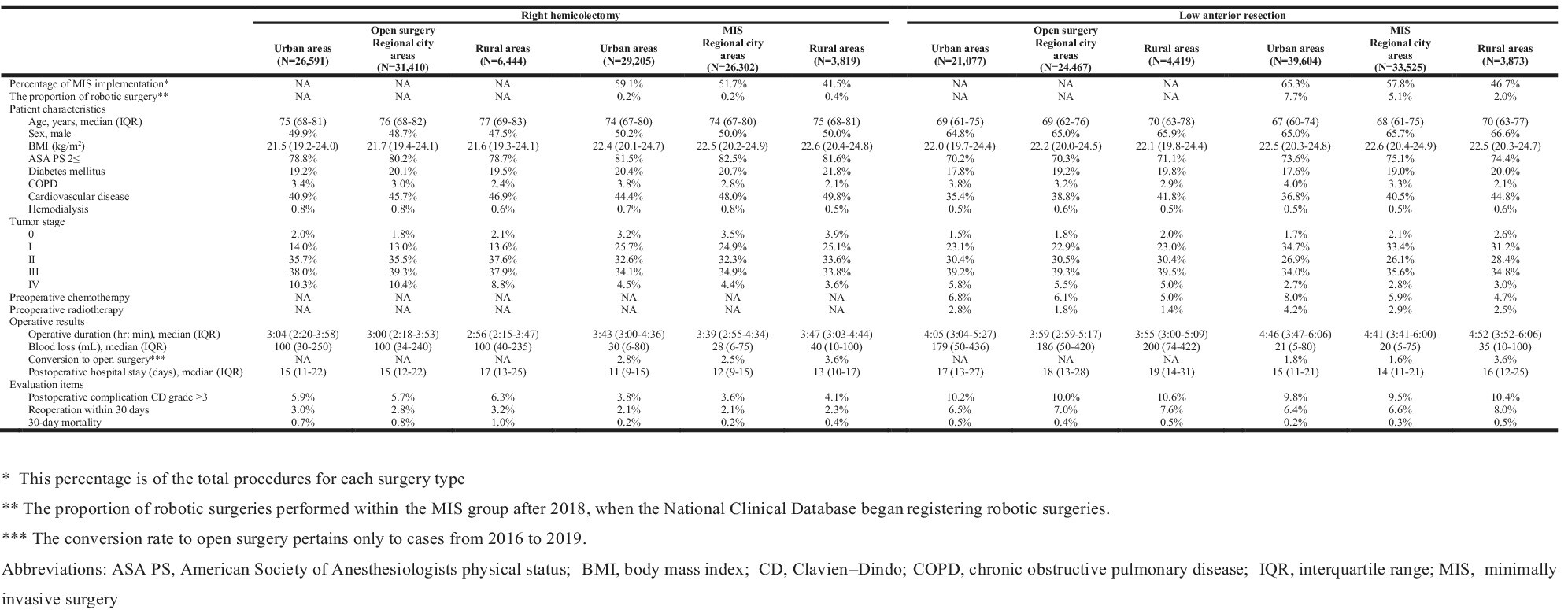
This study aimed to clarify whether differences in minimally invasive surgery outcomes are associated with regional and patient characteristics. This study found regional and patient characteristic disparities in minimally invasive surgical outcomes; national policies should be implemented to address these inequities.
Survival benefit of adjuvant therapy completion with early initiation for patients with pancreatic ductal adenocarcinoma
- Pages: 785-793
- First Published: 25 December 2024
Optimal duration of antimicrobial prophylaxis in patients undergoing distal pancreatectomy: A multicenter cohort study
- Pages: 794-803
- First Published: 02 January 2025
Osteopenic occult vertebral fracture is associated with poor oncological outcome in patients with hepatocellular carcinoma after hepatic resection
- Pages: 804-813
- First Published: 24 January 2025
Impact of primary tumor clinicopathological factors on prognosis after hepatic resection for rectal liver metastases
- Pages: 814-821
- First Published: 24 January 2025
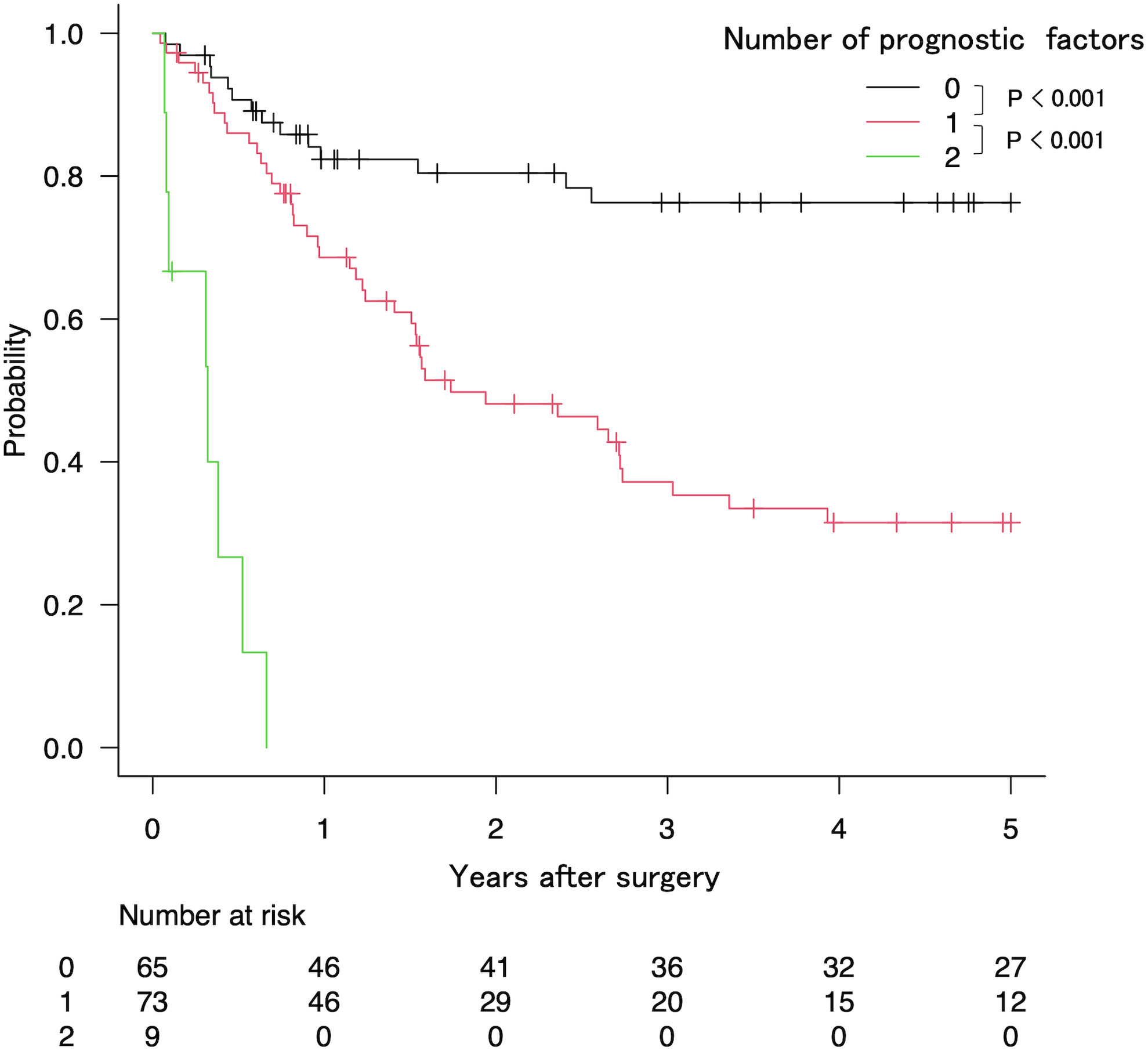
This retrospective study evaluates the prognostic factors in patients undergoing curative hepatic resection for rectal cancer liver metastases. It identifies lateral lymph node metastasis and perineural invasion as significant prognostic factors. Moreover, patients with these factors required nonsurgical treatment in the early postoperative period.
Nutritional benefits of pancreas-sparing total duodenectomy for severe duodenal polyposis in patients with familial adenomatous polyposis
- Pages: 822-829
- First Published: 29 January 2025
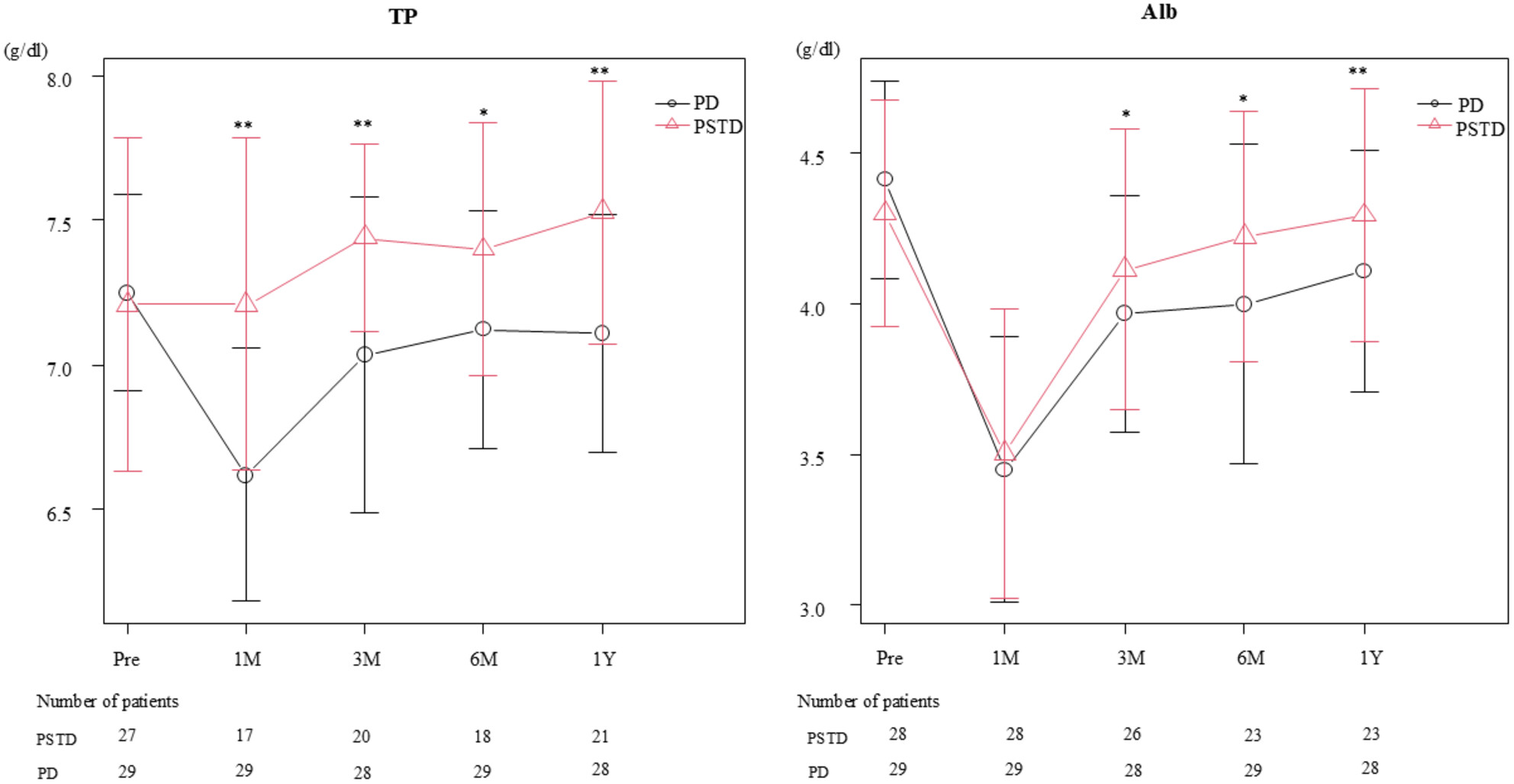
The postoperative nutritional status of patients with familial adenomatous polyposis who underwent pancreas-sparing total duodenectomy was better than that of patients who underwent pancreaticoduodenectomy. This study provides the first direct comparison of postoperative nutritional outcomes between patients with pancreas-sparing total duodenectomy and those with pancreaticoduodenectomy.
Clinical role of intraperitoneal chemotherapy in patients with pancreatic ductal adenocarcinoma concomitant with occult peritoneal dissemination: A multicenter retrospective study
- Pages: 830-841
- First Published: 04 March 2025
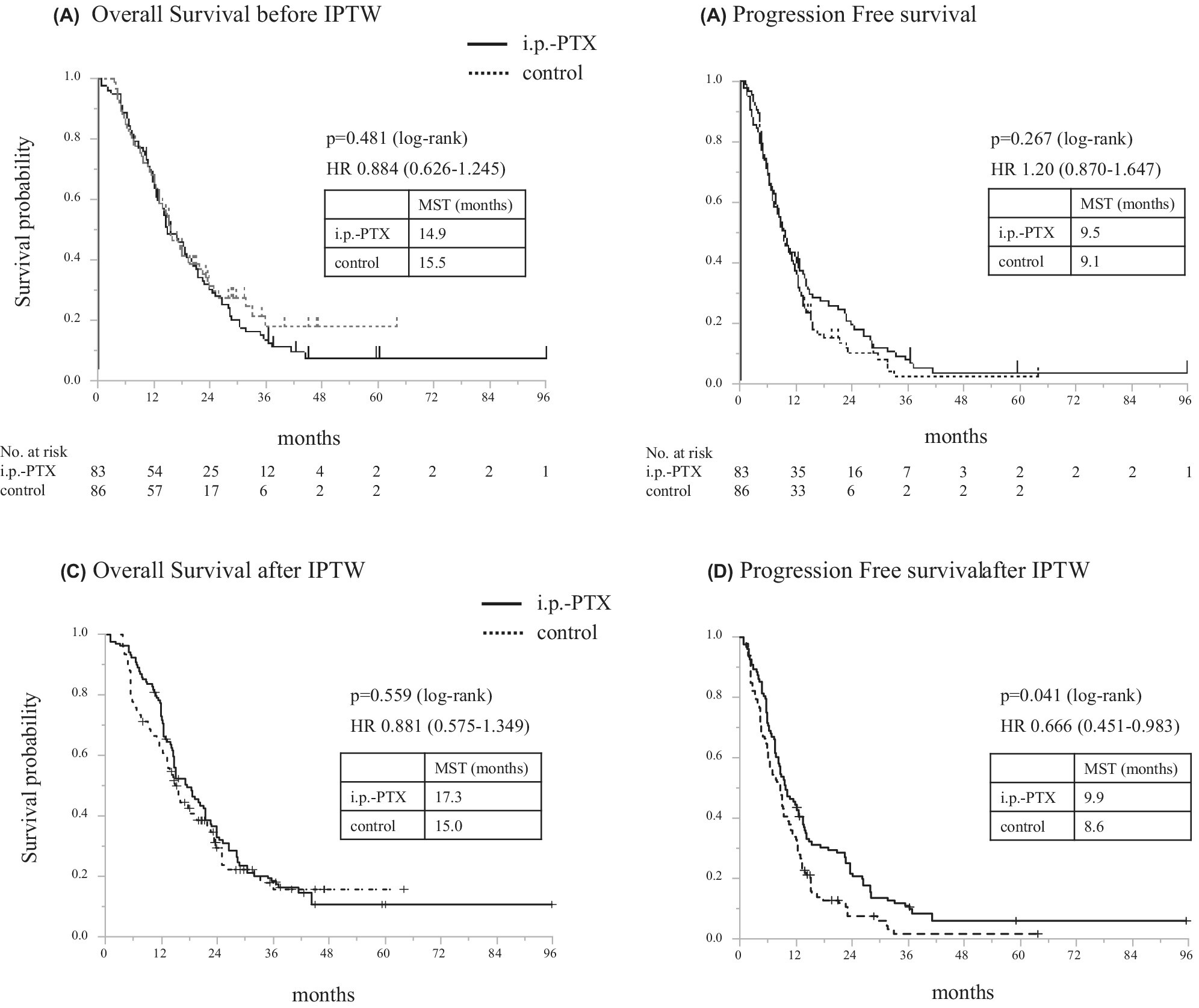
The effectiveness of intraperitoneal chemotherapy using paclitaxel (i.p.-PTX) in pancreatic ductal adenocarcinoma (PDAC) patients with peritoneal dissemination remains elusive. This study indicated that the i.p.-PTX therapy may improve survival in selected patients with PDAC, in particular those with occult peritoneal dissemination.
A severity-based tumor-superior mesenteric/portal vein interface grading criteria as a predictor of survival outcomes in pancreatic head ductal adenocarcinoma patients undergoing pancreaticoduodenectomy following neoadjuvant chemoradiotherapy
- Pages: 842-860
- First Published: 10 April 2025
Institutional learning curve and factors of prolonged operation time of robotic distal pancreatectomy: An analysis of an initial 117 cases
- Pages: 861-869
- First Published: 24 February 2025
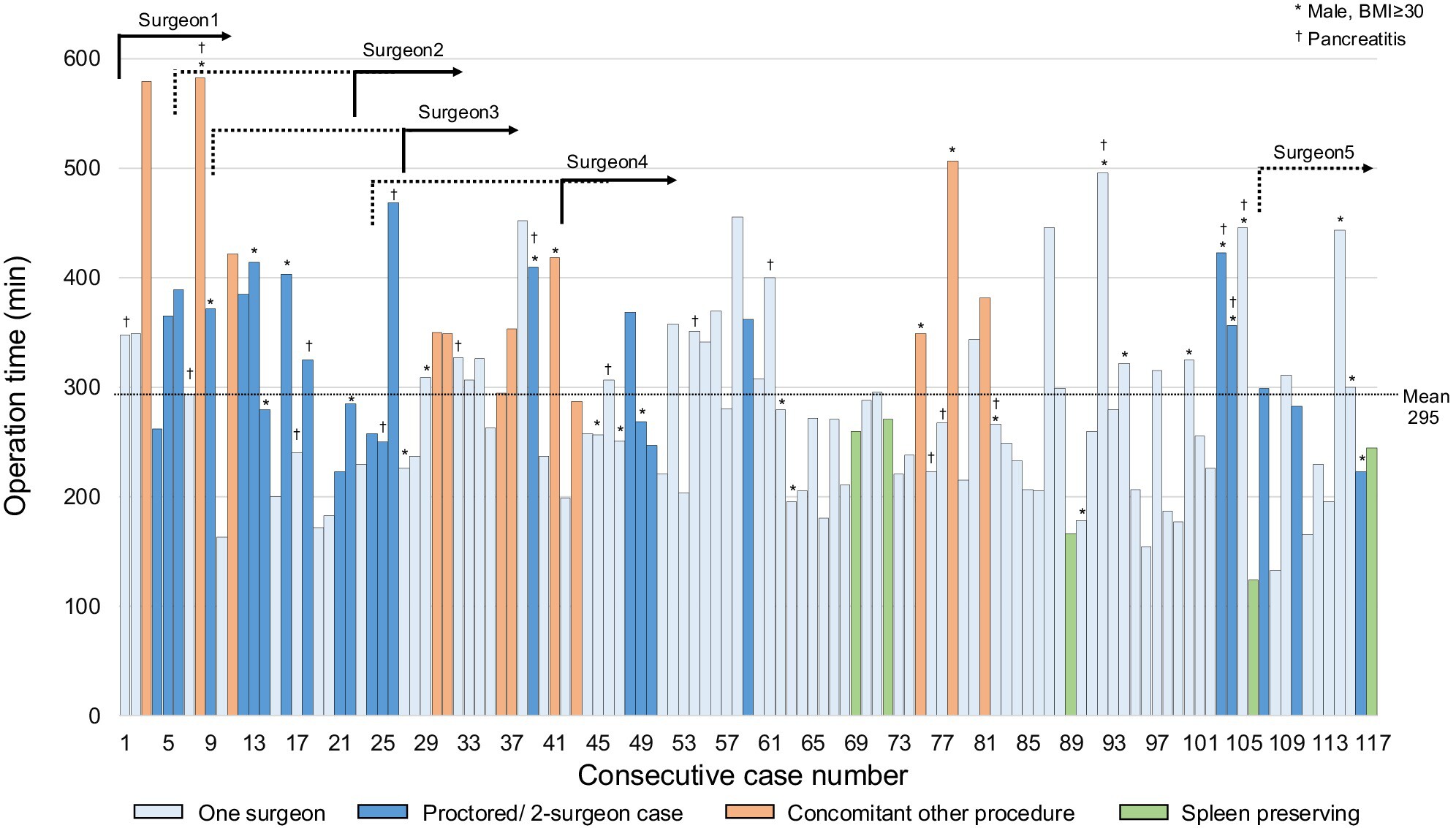
This study verified the effective implementation of robotic distal pancreatectomy as the standard approach in our strategic robotic surgical oncology program. Although an institutional learning curve was observed, the robotic surgery program successfully expanded the number of primary operating surgeons while maintaining stable short-term outcomes.
HOW I DO IT
Super Subtotal Gastrectomy: A Novel Reconstruction Concept for Upper Gastric Cancer That Preserves the Fornix
- Pages: 870-875
- First Published: 08 May 2025
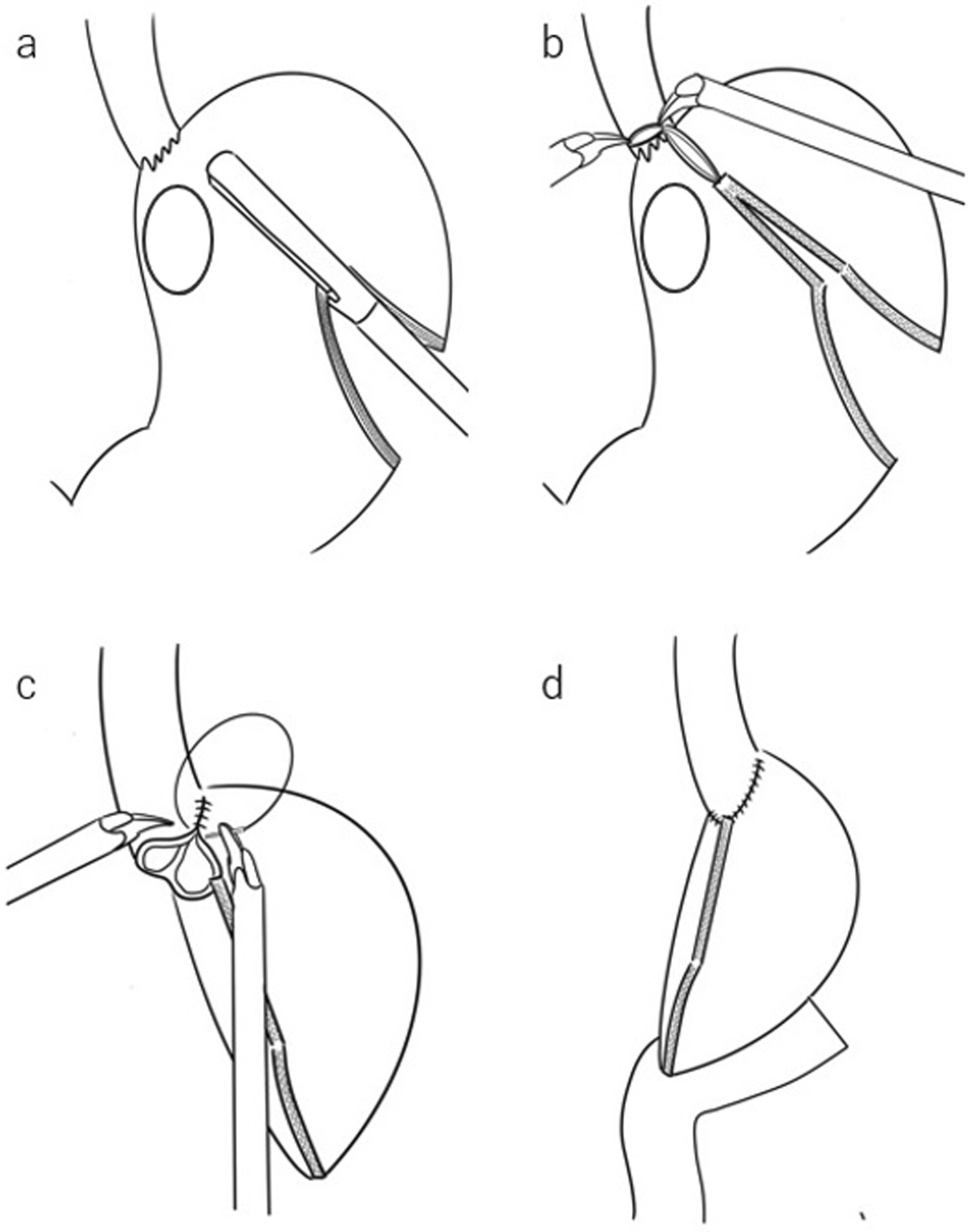
We developed a novel super subtotal gastrectomy (SSTG) technique for upper-third gastric cancer near the esophagogastric junction. This method preserves the gastric fornix, a major site of ghrelin secretion, while maintaining an oral margin beyond the esophageal junction. SSTG offers a potential solution for reducing postoperative complications such as weight loss and appetite reduction.




